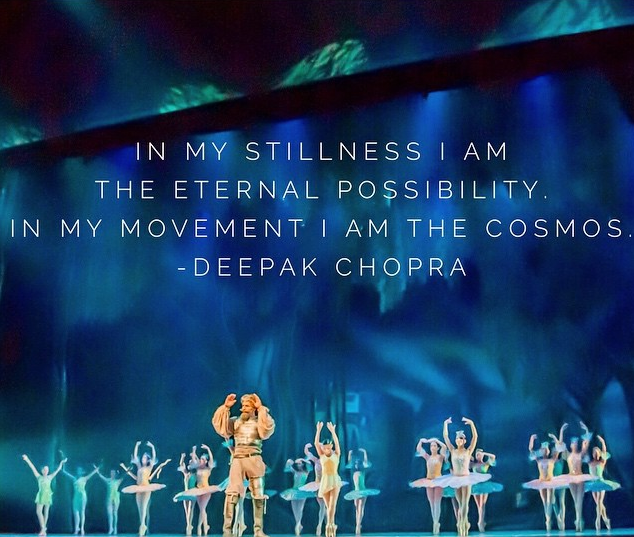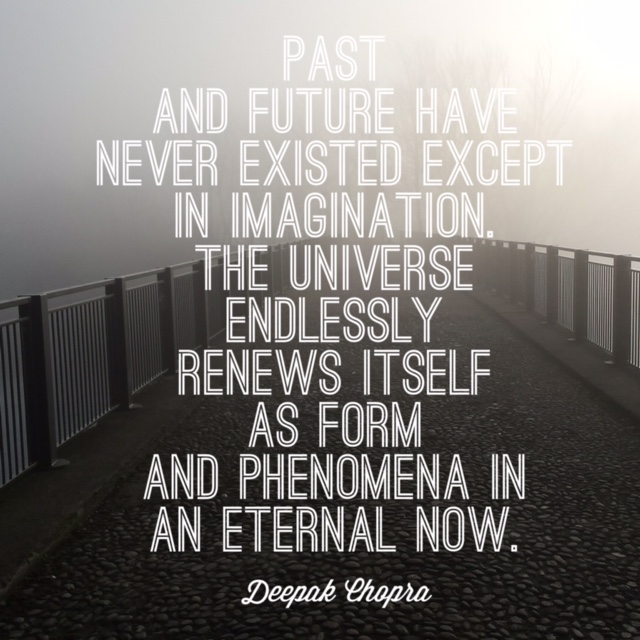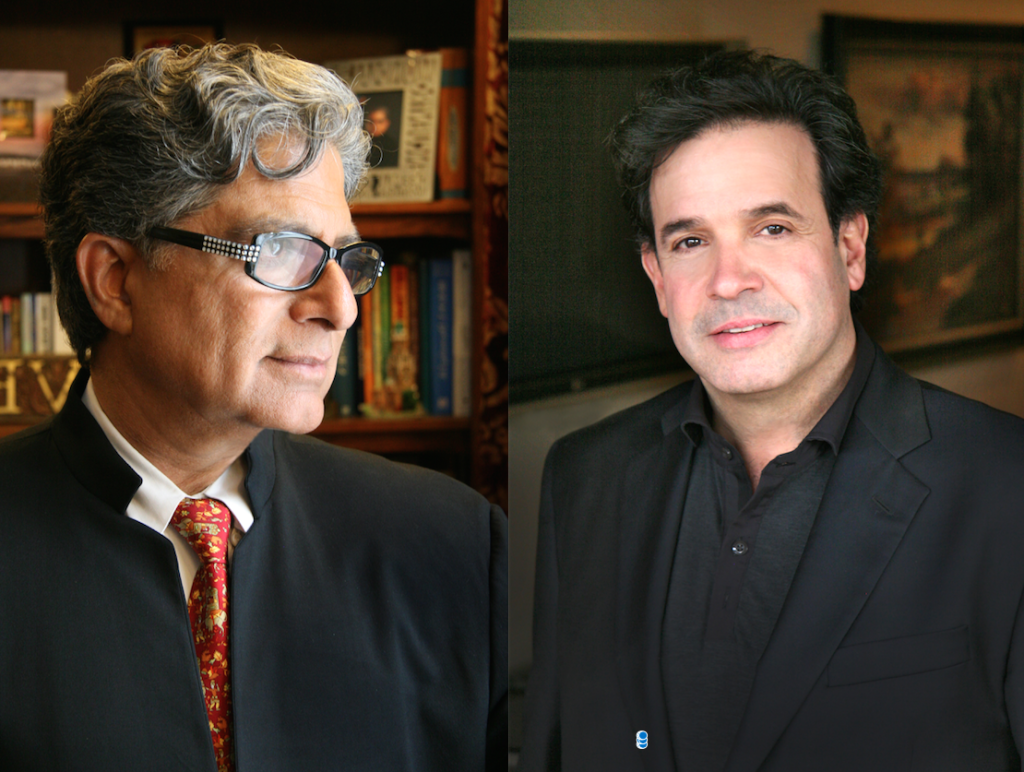JUSTCapital‘s Paul Tudor Jones believes that we’re headed for trouble if we don’t shrink the wealth gap. His solution? Pressure companies to be more just.
Read now: Fortune Magazine
Visit: JUSTCapital
JUSTCapital‘s Paul Tudor Jones believes that we’re headed for trouble if we don’t shrink the wealth gap. His solution? Pressure companies to be more just.
Read now: Fortune Magazine
[youtube]https://youtu.be/1NWJnO2-baA[/youtube]
Fred Alan Wolf and Deepak Chopra discuss consciousness is the way the universe turns nothing into something, Fred explains why he thinks consciousness may be the stuff of the universe.
By Deepak Chopra, MD, and Menas Kafatos, PhD
 For a very long time, if you wanted to know if something is real or not, the go-to people have been scientists. The rise of rationality over superstition is considered the single greatest achievement of the past three or four centuries. So it’s startling news–as we discussed in the last post–that physics has arrived at a reality crisis. Three great unsolved mysteries remain, and they are the same riddles asked by ancient Greek philosophers: What is the universe made of? Where did the universe come from? How do we know what’s real?
For a very long time, if you wanted to know if something is real or not, the go-to people have been scientists. The rise of rationality over superstition is considered the single greatest achievement of the past three or four centuries. So it’s startling news–as we discussed in the last post–that physics has arrived at a reality crisis. Three great unsolved mysteries remain, and they are the same riddles asked by ancient Greek philosophers: What is the universe made of? Where did the universe come from? How do we know what’s real?
It’s fascinating to observe how working scientists approach these questions. The vast majority pay no attention to them, because a scientist’s everyday work, including the work of physicists, is about collecting data, running experiments, and making calculations from known theories, and once in a while formulating new theories. The Big Questions which are left to theorists, are usually bypassed in the everyday lives of scientists. But as we discussed last time, science has to test every theory to see if it matches empirical reality. Galileo could calculate on paper that two objects, when dropped from a height, would hit the ground at the same time, despite the age-old assumption that a cannonball, being much heavier than a lead fishing weight, would hit the ground first, as Aristotle believed. To prove that his calculations were correct, Galileo offered empirical proof, and physics took a huge counter-intuitive step forward.
By Deepak Chopra, MD and Rudolph E. Tanzi, PhD
 Human beings are unique in the scenario of life on Earth–that much is obvious. We are guided by awareness, and to implement our wishes, dreams, and inventions, the higher brain (chiefly the cerebral cortex) has evolved to extraordinary proportions. Although classical Darwinism is mindless, and staunchly defended as such by strict materialists, Homo sapiens is no longer caught in the clutches of natural selection. As we saw in the first post of this series, human society is very different from the state of nature. Chimpanzees don’t get their food at the grocery store, and we don’t get ours by fighting with rivals in the treetops.
Human beings are unique in the scenario of life on Earth–that much is obvious. We are guided by awareness, and to implement our wishes, dreams, and inventions, the higher brain (chiefly the cerebral cortex) has evolved to extraordinary proportions. Although classical Darwinism is mindless, and staunchly defended as such by strict materialists, Homo sapiens is no longer caught in the clutches of natural selection. As we saw in the first post of this series, human society is very different from the state of nature. Chimpanzees don’t get their food at the grocery store, and we don’t get ours by fighting with rivals in the treetops.
 By Deepak Chopra, MD and Rudolph E. Tanzi, PhD
By Deepak Chopra, MD and Rudolph E. Tanzi, PhD
Science is meant to be the opposite of a belief system. No one underlined this point more securely than Charles Darwin, who devised a theory of evolution that defied the strongest belief of his time, the all but universal belief in the bible version of the origins of man. The fossil record supported a notion contrary to the Bible that creation was a process, not a single event dictated by a divine Creator. Despite a century and a half of proof that Darwin was right, taking God out of evolution still sticks in the throat of many people.
Pollsters find, to the dismay of trained scientists, that God remains in play for many when it comes to our origins. For example, a 2013 Pew Research poll found that one-third of respondents believe that human beings have always existed in their present form. When broken down by religion, this anti-Darwin, pro-Bible view is held by 64% of white evangelical Protestants and 50% of black Protestants broken down by political party, only 43% of Republicans believe that human beings evolved over time versus 67% of Democrats and 65% of independents.